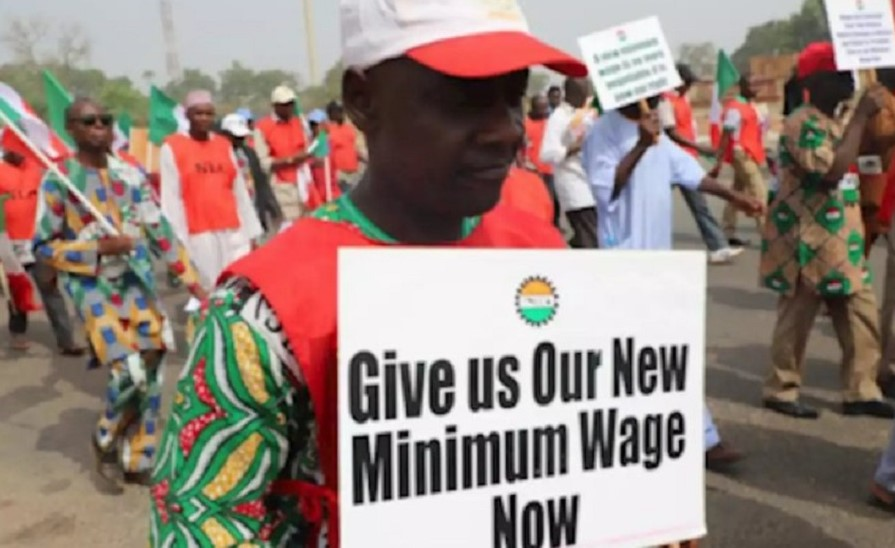It is with a certain extent of comprehension that I assert, that the minimum wage is not just a labour issue; it is a harbinger of Nigeria’s economic destiny – a choice between stagnation and growth, between mediocrity and greatness. It suffices that the hullabaloo is more than a monetary value; it is a reflection of a nation’s values, priorities, and commitment to its people’s well-being. What is the point of having a minimum wage if it is not enough to buy a bag of rice?
Accordingly, Nigeria’s ongoing minimum wage debate has become a political and economic quagmire, with far-reaching consequences that extend beyond the workers and their families. The current hullabaloo has sparked a chain reaction of events that threatens the very fabric of the country’s future – its human capital development. As the federal government and labour unions remain at loggerheads over the demand for a minimum wage of ₦250,000, the ripple effects of this impasse are being felt across various sectors, including education.

The economic implications of a potential strike are dire. A shutdown of the education sector would disrupt the academic calendar and trigger a cascading effect across the economy. Productivity and revenue losses would be enormous. The World Bank estimates that a prolonged strike could reduce Nigeria’s GDP growth by 0.5%, translating to billions of Naira in lost revenue.
Politically, the minimum wage debate exposes deep divisions within the government and labor unions. The federal government’s refusal to meet the unions’ demands has eroded trust and shaken faith in the political process. Moreover, this stalemate emboldens other unions and interest groups to demand similar concessions, worsening the situation.
However, the biggest casualty is the Nigerian student. If the strike occurs, schools will close, leaving millions of students out of class and uncertain about their future. Their education and development will suffer, which could affect their employability, productivity, and economic contribution in the long term.
Human capital development is critical to economic growth. Education builds future generations. Any disruption denies Nigeria’s future doctors, engineers, scientists, and leaders the skills they need to drive development.
The strike will also hit vulnerable populations hardest, including low-income families and rural communities. These groups rely on public schools and cannot afford private alternatives. As a result, the strike could widen social and economic gaps, creating a lost generation of young Nigerians.
Additionally, the strike will ripple through other sectors, such as healthcare and transportation. The economy will weaken, and national development will slow. Therefore, it is crucial that the federal government and labor unions reach a consensus to avoid a prolonged strike.
The minimum wage debate has consequences beyond workers and their families. If the standoff continues, Nigerian students may lose their right to education. The future of Nigeria depends on swift and effective resolution.
_________________________________________
Thank you for your time here. This means a lot to us. If you are passionate about driving change through workshops, e-mail info@insidesuccess.com. Find other related articles on our website and follow us on Instagram @InsideSuccessNigeria for more updates.



Leave a Reply